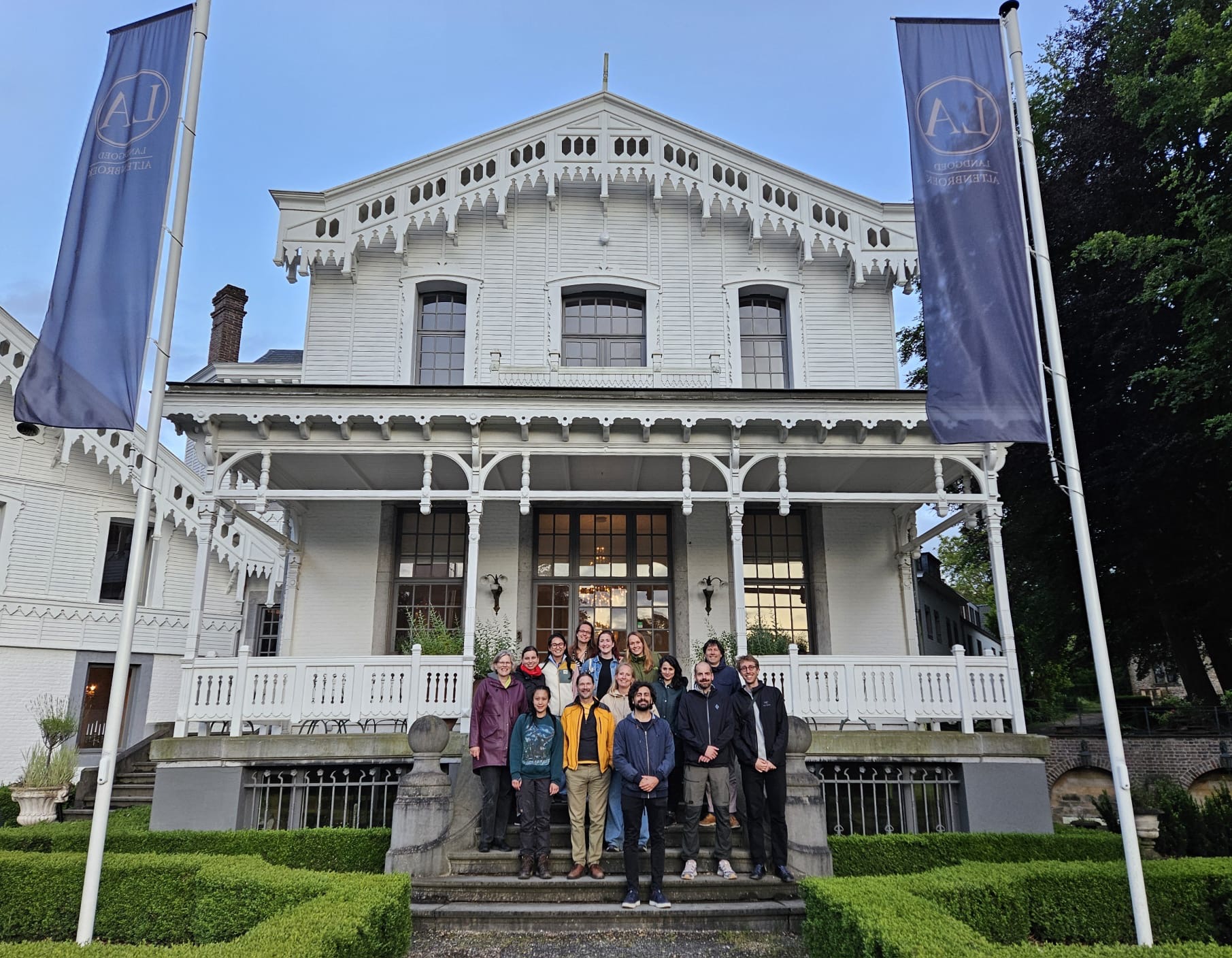Maastricht Sustainability Institute (MSI)
With the integration of the Maastricht Sustainability Institute (formerly known as ICIS), within the School of Business and Economics (SBE), not only a new name has been chosen, but also an active contribution to SBE’s 'Vision 2025' is foreseen in which Sustainable Development, Digitisation, and Globalisation are focal areas.
As sustainability scientists, we aim to support sustainable development at the local and regional levels, thus contributing to global sustainability too. Because sustainability challenges are complex and normative, we opt for interdisciplinary and transdisciplinary approaches in which we collaborate with different disciplines and stakeholders. We master a diversity of theories and methods to work at the interface of science, policy and society. Knowledge brokering, boundary work and action-research are concepts that suit us well. Our research is scientifically sound and societally relevant.
Furthermore, our expertise is reflected in our sustainability education at bachelor, master and PhD level. Our multidisciplinary staff and international student group form a close-knit learning community.
In addition to our international and national orientation, we are committed to addressing sustainability issues in the region by means of our Maastricht Sustainability Hub.
Maastricht Sustainability Institute, your knowledge partner for sustainable development!
Research
MSI works from sustainability science, an emerging field trying to bring together science, policy and society to find answers to sustainable development challenges and to formulate new pathways to contribute to sustainability.
MSI researchers are involved in the conceptualization of sustainable development (making it operational in a meaningful way); the study of systems of governance (how sustainability issues are taken up by different actors); evaluating sustainability initiatives in business, policy and civic society; and theorizing and empirical analysis of innovation trajectories and sustainability transitions.
Education
The PhD programme offers the opportunity to specialise in a topic associated with sustainable development. The Master programme helps students to understand the dynamics of sustainability challenges, with a transdiscplinary focus, providing specialisisations in 'Policy for Sustainability' and 'Business and Sustainability'.
MSI also provides sustainable development courses at Bachelor level for other units at Maastricht University.
